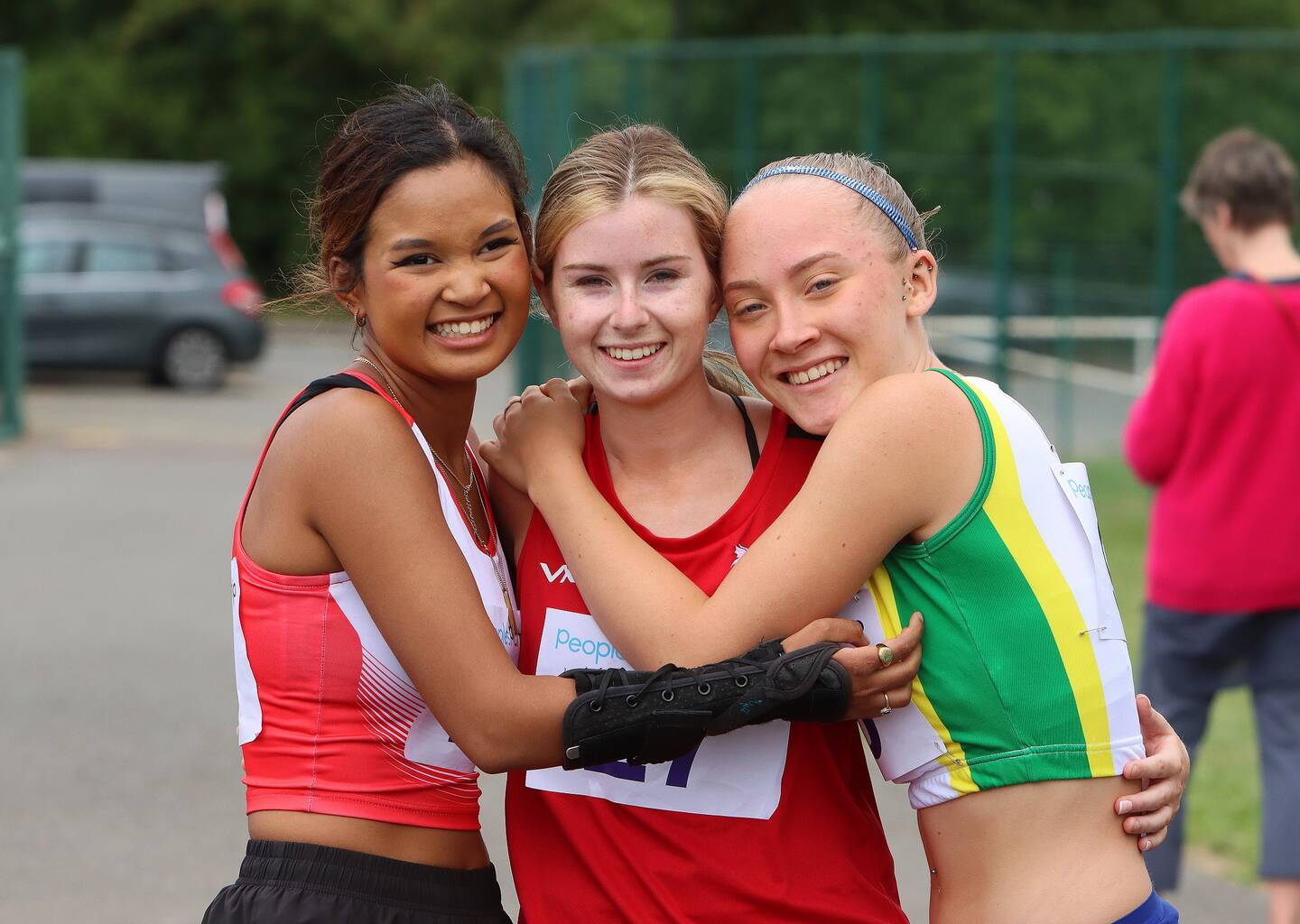Disabled girls half as likely as boys to dream big in sport
A new report reveals that despite wanting to get involved, disabled girls are not getting the support they need to be active.

Bringing together expertise in disability and gender inequality, the charities Activity Alliance and Women in Sport joined up to survey young people following the 2024 Paralympic Games in Paris.
It found the Paralympic Games inspired 74% of young disabled people to do more sport, but the report also exposed a big dream gap with only 36% of disabled girls, compared to 61% of disabled boys dreaming of reaching the top in sport.
While the Paralympics inspires young people in different ways, four in ten young disabled people said they felt the Paralympics created unrealistic expectations, with the pressure being felt most acutely by disabled boys. This links to the negative impact of gender stereotyping, with many disabled boys put under pressure to prove themselves through sport, while disabled girls are left behind as society feels it’s not going to matter to them.
This was seen as dads were more likely to be main supporters of disabled boys, with 62% receiving encouragement from their dads to become top athletes, compared with 44% of disabled girls.
Inequality in sport is compounded for disabled girls. Their disability combined with gender stereotypes means their opportunities to participate and thrive in sport are severely limited.
Beyond physical and practical barriers, many disabled girls are not encouraged to see sport as a space for them. One in five say they don’t see people like them in sport, reinforcing feelings of exclusion and a belief that they don’t belong.
Like their non-disabled peers, disabled girls are more likely than boys to be held back by fears of judgement, believing they are not good enough or fit enough to start an activity. But disabled girls face additional challenges including fewer local opportunities (44%), negative attitudes about disabilities preventing success (42%) and a feeling that disabled people aren’t encouraged to excel in sport (35%).
These layers of inequality result in fewer disabled girls taking part, fewer aspiring to reach the top and fewer seeing sport as a space where they’re welcome.
Women in Sport ambassador and Activity Alliance Honorary President, Baroness Tanni Grey-Thompson said:
"This report is a wakeup call to society to change its expectations for disabled girls and realise how vital sport and exercise can be to their lives. We need to provide more opportunities and stop conforming to outdated gender stereotypes.
"Sport can transform lives and too many disabled girls and women are missing out just now. Disabled girls should be able to dream, like I did, of reaching the top, but they also deserve everyday opportunities to experience the joy of sport."
The report, titled A Game of Inequality: The Reality of Sporting Dreams for Young Disabled People, also highlights the vital role sport plays in the self-care and mental wellbeing of disabled girls. Four in ten girls say they take part in sport for their mental health compared to just over three in ten boys. With the mental health crisis* among girls deepening this increases the urgency for action.
To create a more equal sporting environment for disabled girls Women in Sport and Activity Alliance are calling for:
- Inclusive opportunities in school and community sport to meet the needs of disabled girls.
- Increased education to upskill the sport sector in inclusive activity delivery and to challenge gender stereotypes.
- Improved and increased representation of disabled female athletes in media and leadership roles.
- Ongoing collaboration across the sport sector to create meaningful, systemic change in sport and wider society.
Adam Blaze, Activity Alliance CEO said:
"We see the barriers to activity that disabled people face on a daily basis. Sport should be a place everyone belongs, but this report highlights a sad reality, the challenges facing young disabled people are compounded by their gender. Young disabled girls deserve the same opportunities offered to their non-disabled friends that bring belonging, joy and fulfilment.
"Aspirations of being active and then dreaming of reaching the top if they wish, should be a rite of passage for every child. Societal and systemic changes are crucial to breaking down the barriers that stand in the way of the enormous benefits of being active for disabled girls and boys."
Stephanie Hilborne OBE, Women in Sport CEO said:
"This report reveals the extent to which disabled girls are being left behind in sport. While nearly two-thirds of disabled boys dream of reaching the top, only a third of disabled girls feel the same. That’s not down to lack of ambition - it’s the weight of gender stereotypes and the added barriers of disability, crushing opportunity and depriving young disabled women of joy. Sport has the power to transform lives, to bring self-belief and belonging. We must challenge the stereotypes and work to create more opportunities to create a future where every girl feels sport is a place she belongs."
Read the full report on Activity Alliance's research page.
A summary of the key findings and recommendations is available in Easy Read format and British Sign Lanaguage translation video with subtitles and voiceover.